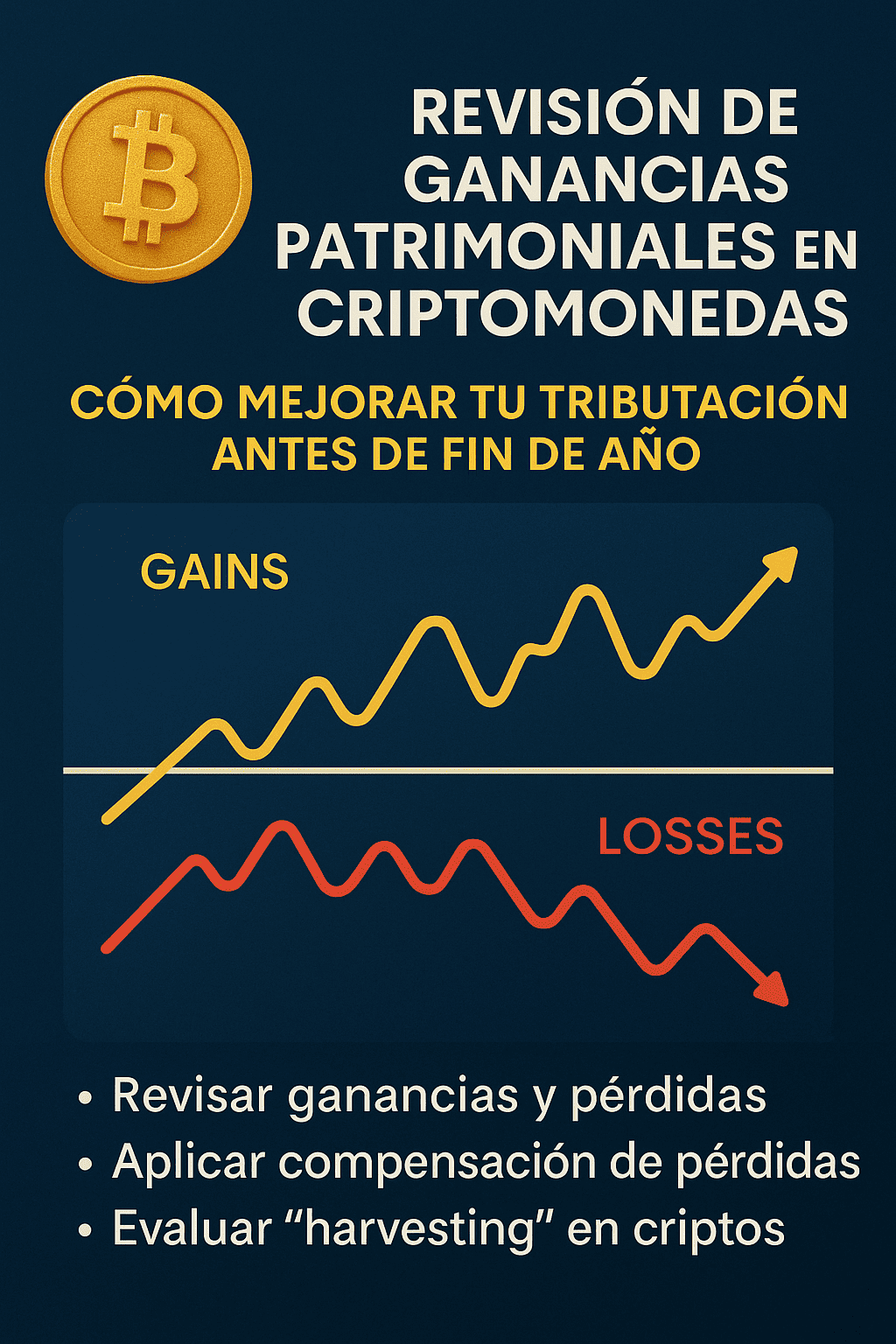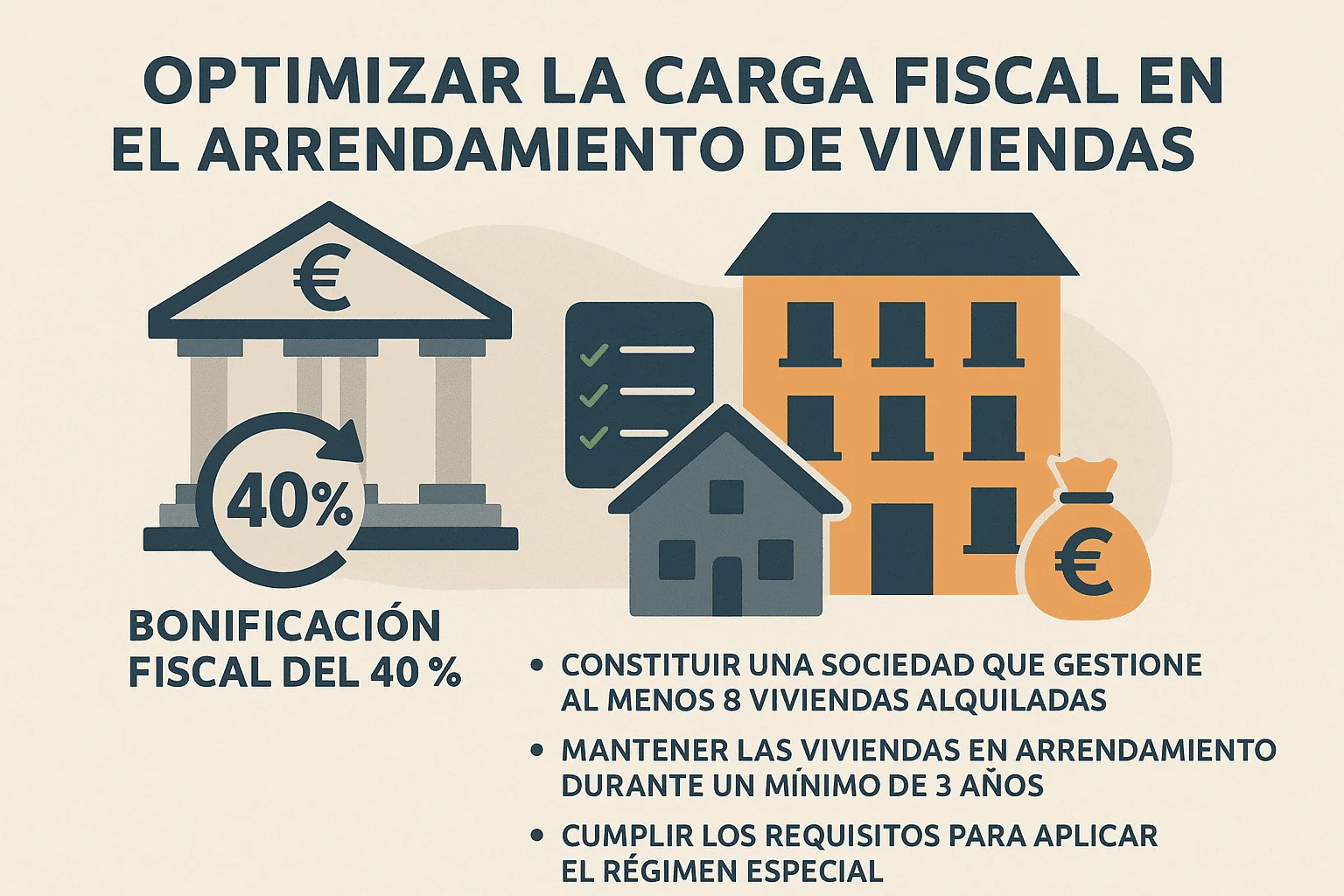Accounting Advantages of Holding Cryptocurrencies in a Company in Spain
An increasing number of companies are exploring the possibility of holding part of their treasury in crypto assets.
Although volatility and the regulatory framework pose certain challenges, there are also accounting and strategic advantages to this practice—especially when managed correctly under the Spanish General Accounting Plan (PGC).
1. Accounting Simplicity
When a company acquires cryptocurrencies to hold them long-term, they are recorded as intangible fixed assets.
This avoids the need for frequent adjustments, since:
- They are kept at acquisition cost.
- There is no requirement to update their value at each closing unless there is impairment.
👉 This simplifies accounting records compared to continuous trading operations, where inventories must be revalued more dynamically.
2. Tax Deferral
Because their book value is not revalued upward, potential capital gains are not taxed until sale.
- This allows for deferral of the tax burden under the Corporate Income Tax.
- From a cash flow perspective, the company only pays taxes when it decides to realize profits.
💡 In practice, this provides a benefit similar to that of long-term asset treatment: increased financial flexibility without an immediate impact on earnings.
3. Possible Hedge Against Inflation
Although not strictly an accounting advantage, from a business standpoint, holding part of the treasury in cryptocurrencies can help hedge against the loss of value of fiat currency.
In the balance sheet, cryptocurrencies are recorded as an asset that can potentially generate future value, serving as a strategic reserve against inflation.
4. Innovative Image and Investor Appeal
Recording cryptocurrency holdings in accounting statements can project:
- An image of an innovative company aligned with emerging financial technologies.
- Increased appeal for partners or investors interested in the digital and blockchain ecosystem.
🚀 In tech sectors or startups, this decision can strengthen corporate branding and foster strategic partnerships.
5. Financial Flexibility
As they are recorded as assets, cryptocurrencies:
- Can serve as a liquid value reserve, easily convertible into cash.
- Provide financial flexibility for future operations such as international payments, investments, or risk hedging.
📈 This approach allows crypto assets to be used as a treasury diversification tool, maintaining the traceability and accounting control required by Spanish regulations.
6. Accounting Risk Control
The treatment as intangible fixed assets under the PGC implies that:
- Market volatility (positive or negative) is not recognized in the income statement on a recurring basis.
- The value is only adjusted when there is significant impairment.
👉 This protects the profit and loss account from constant fluctuations and prevents distortions in financial reporting.
Conclusion
Holding cryptocurrencies within a company is not just a financial strategy—it can also bring clear accounting advantages.
✅ Simplified bookkeeping.
✅ Tax deferral.
✅ Stability in results.
✅ Enhanced innovation and credibility.
However, it requires rigorous documentation management and specialized advisory support to balance exposure to volatility and ensure full compliance with Spanish accounting and tax regulations.



